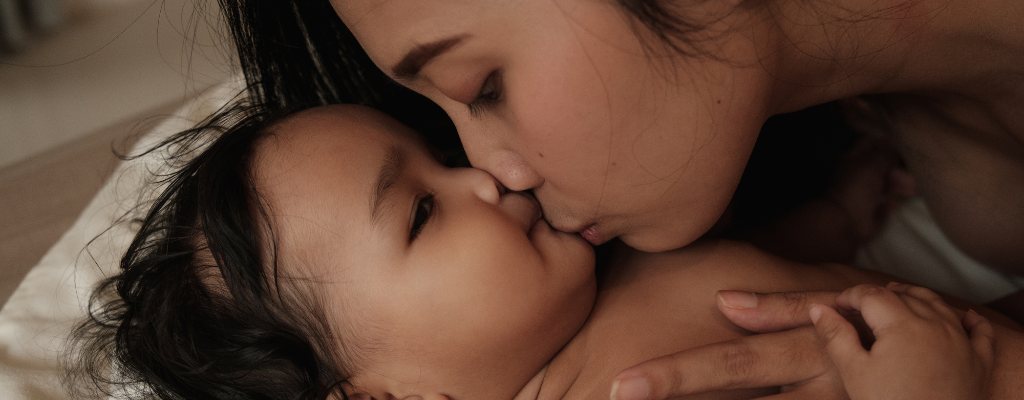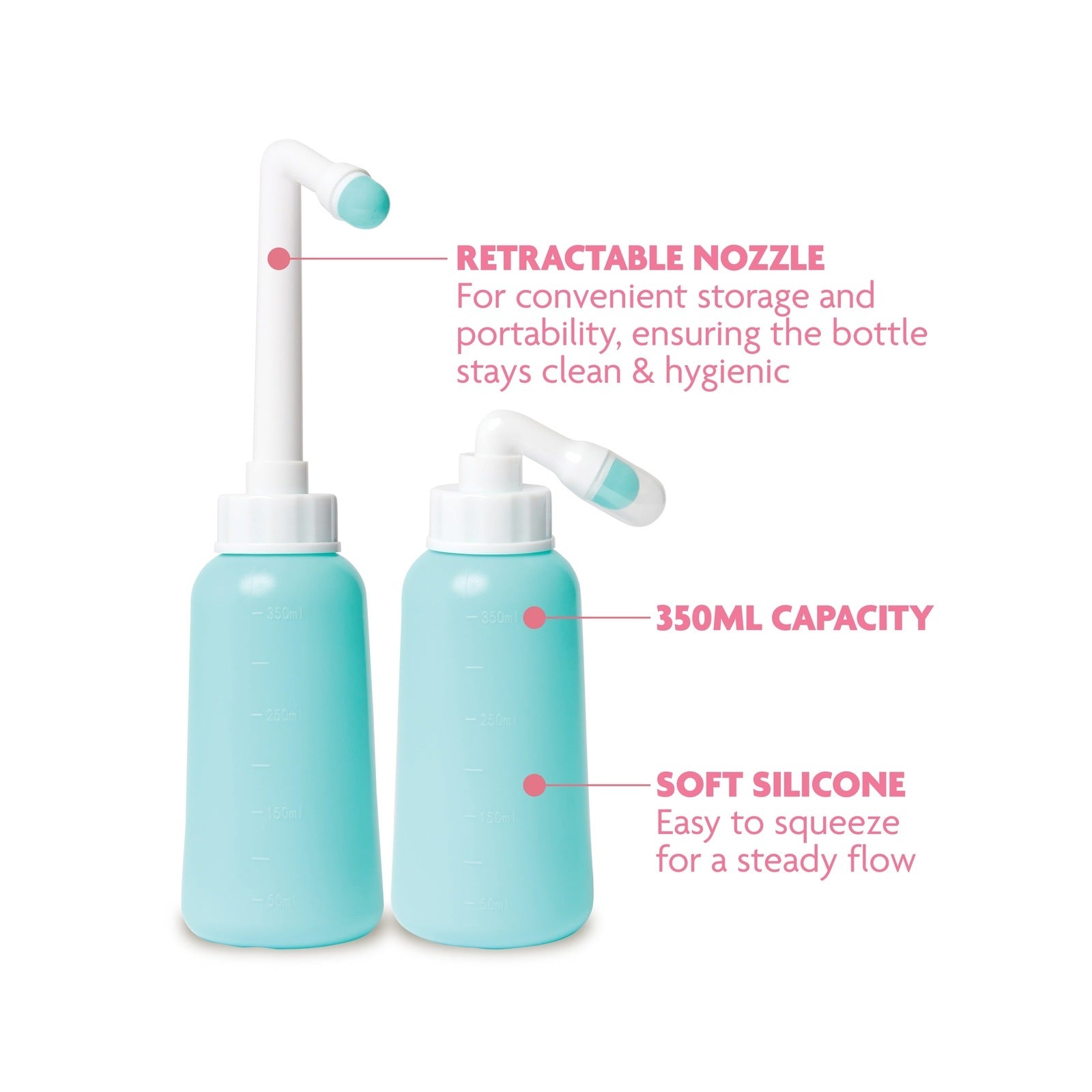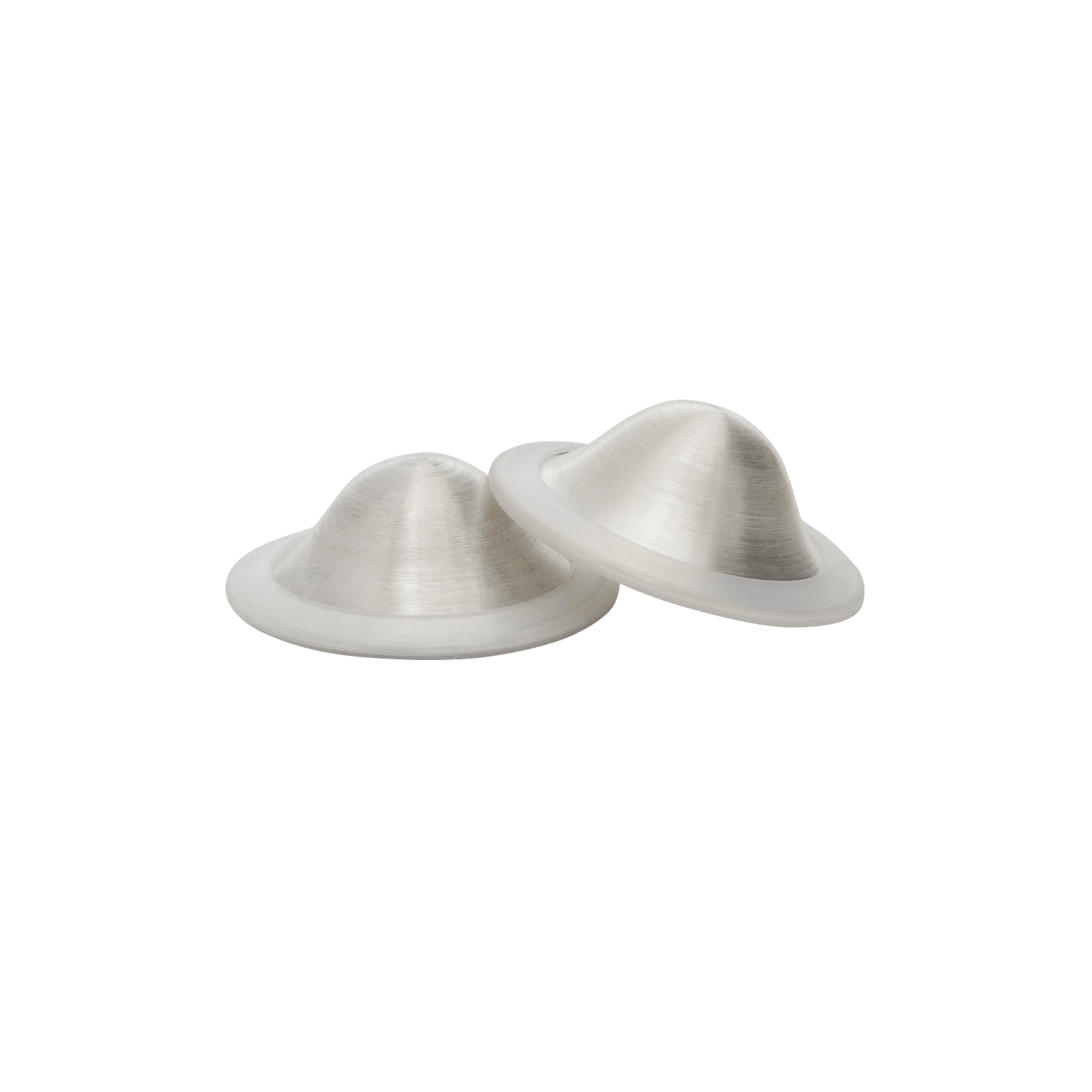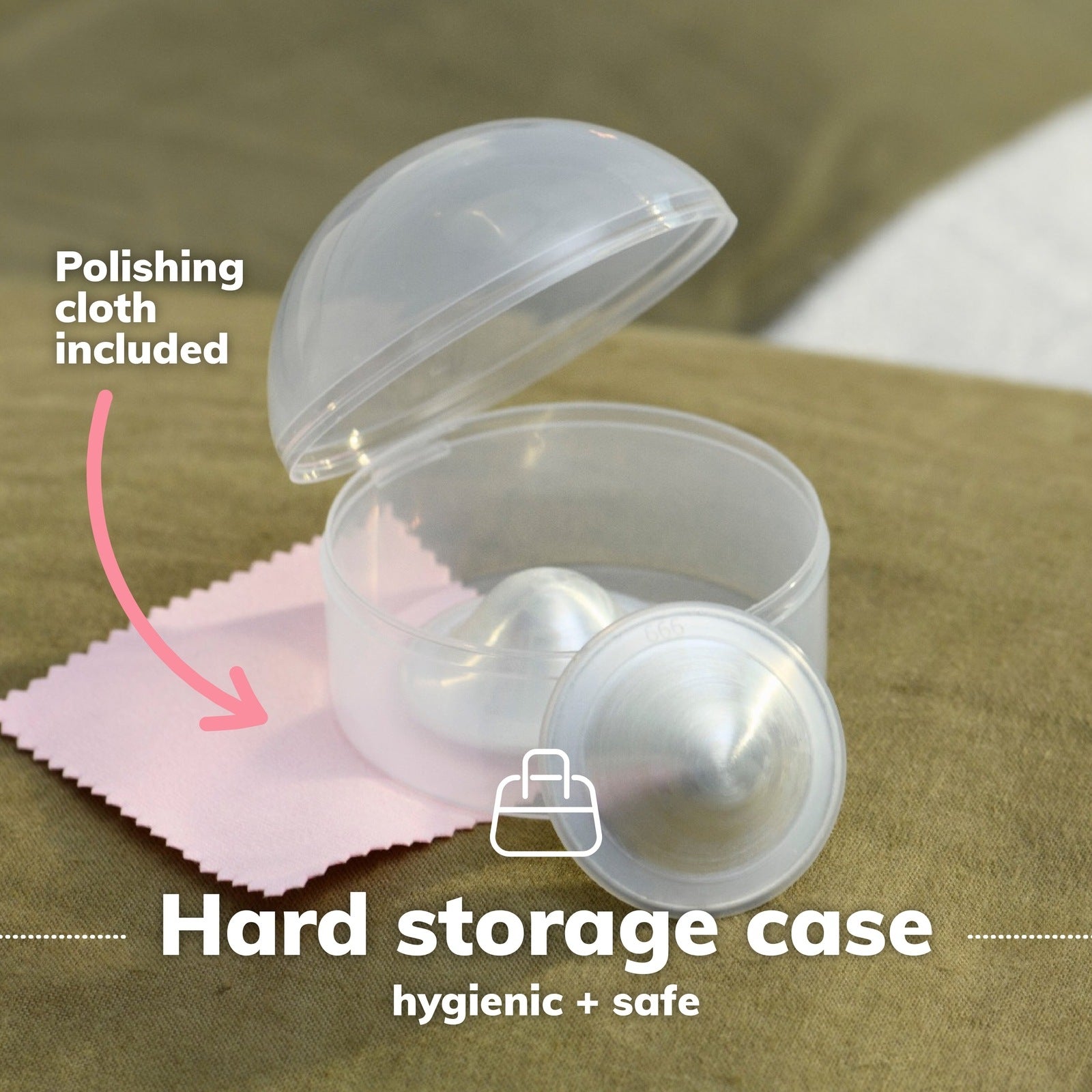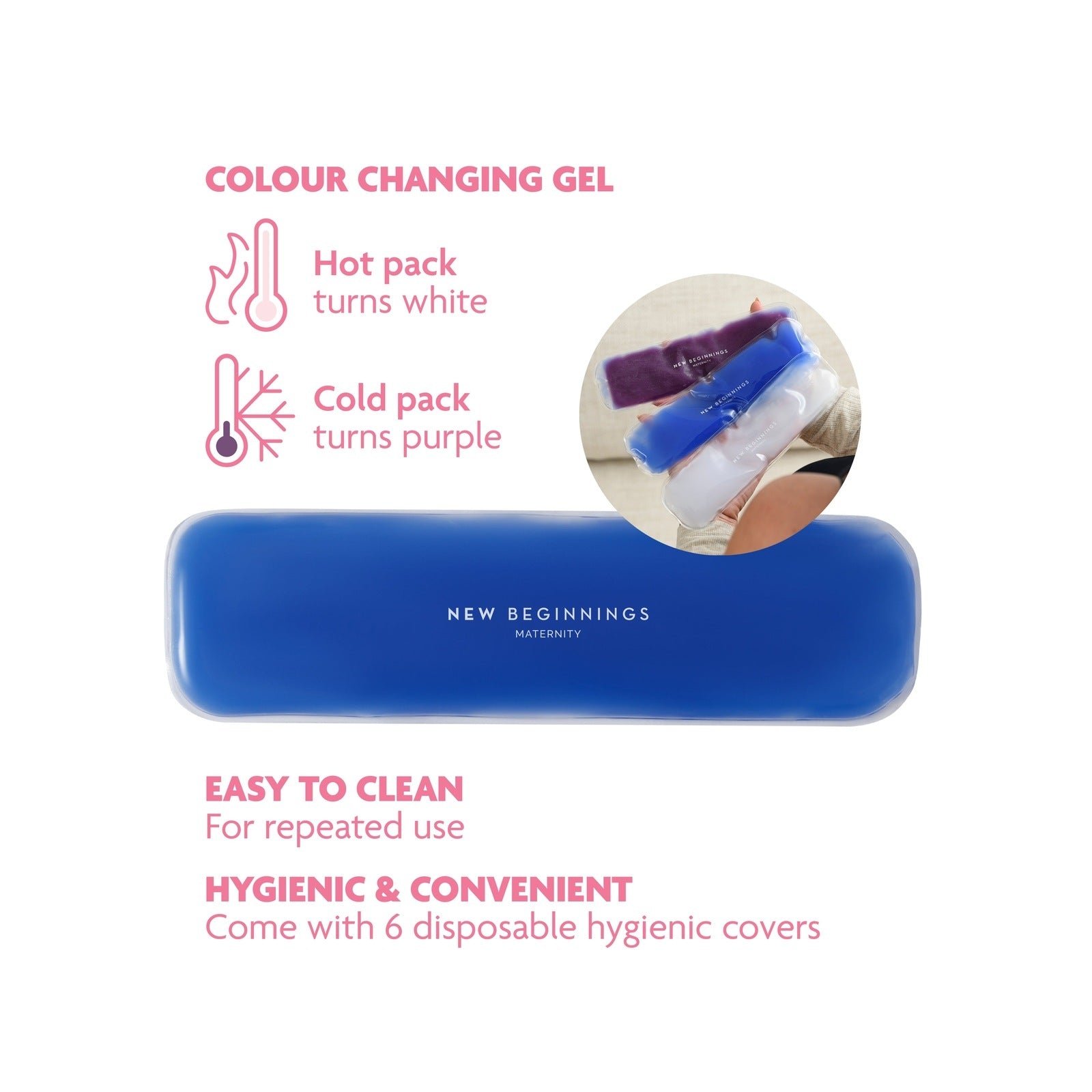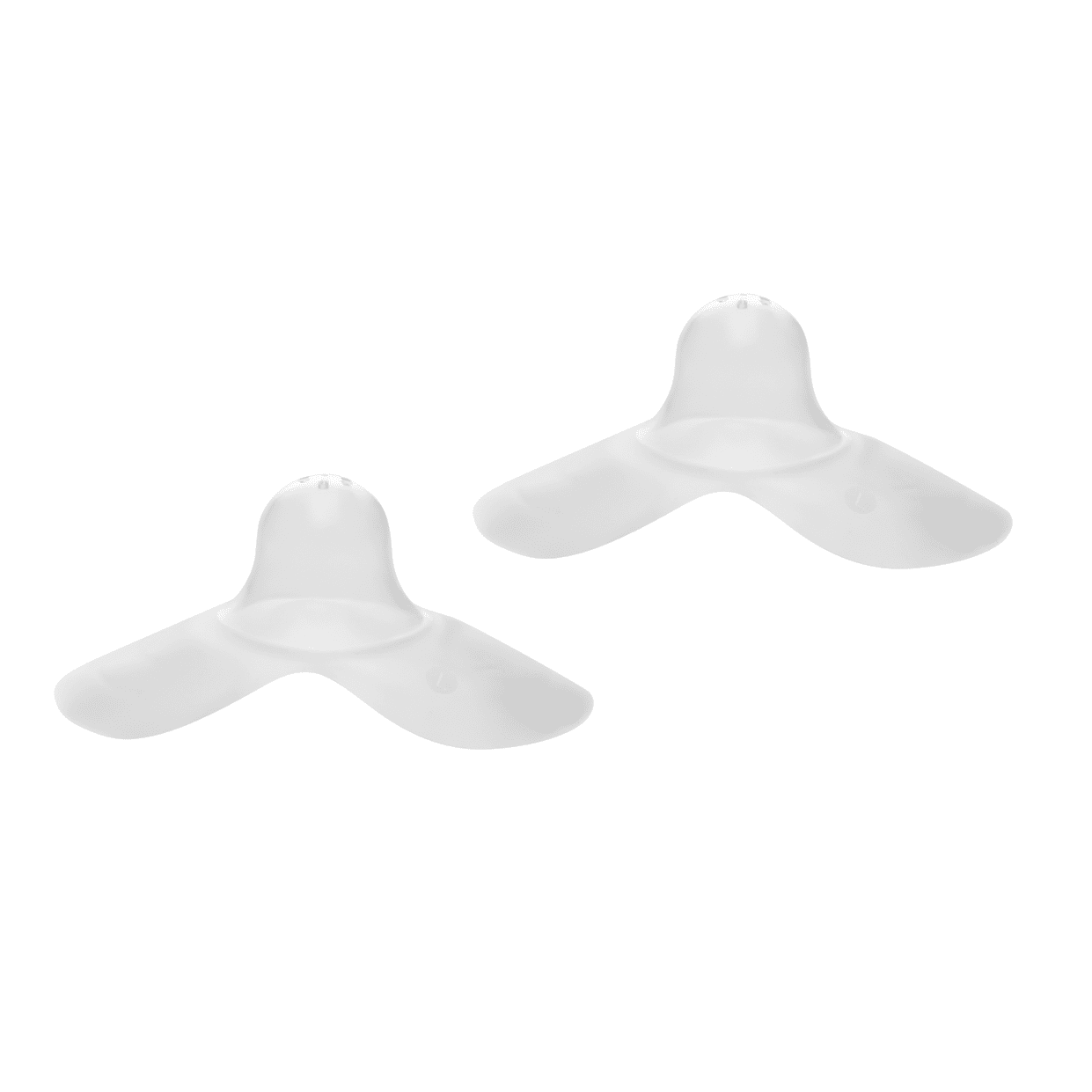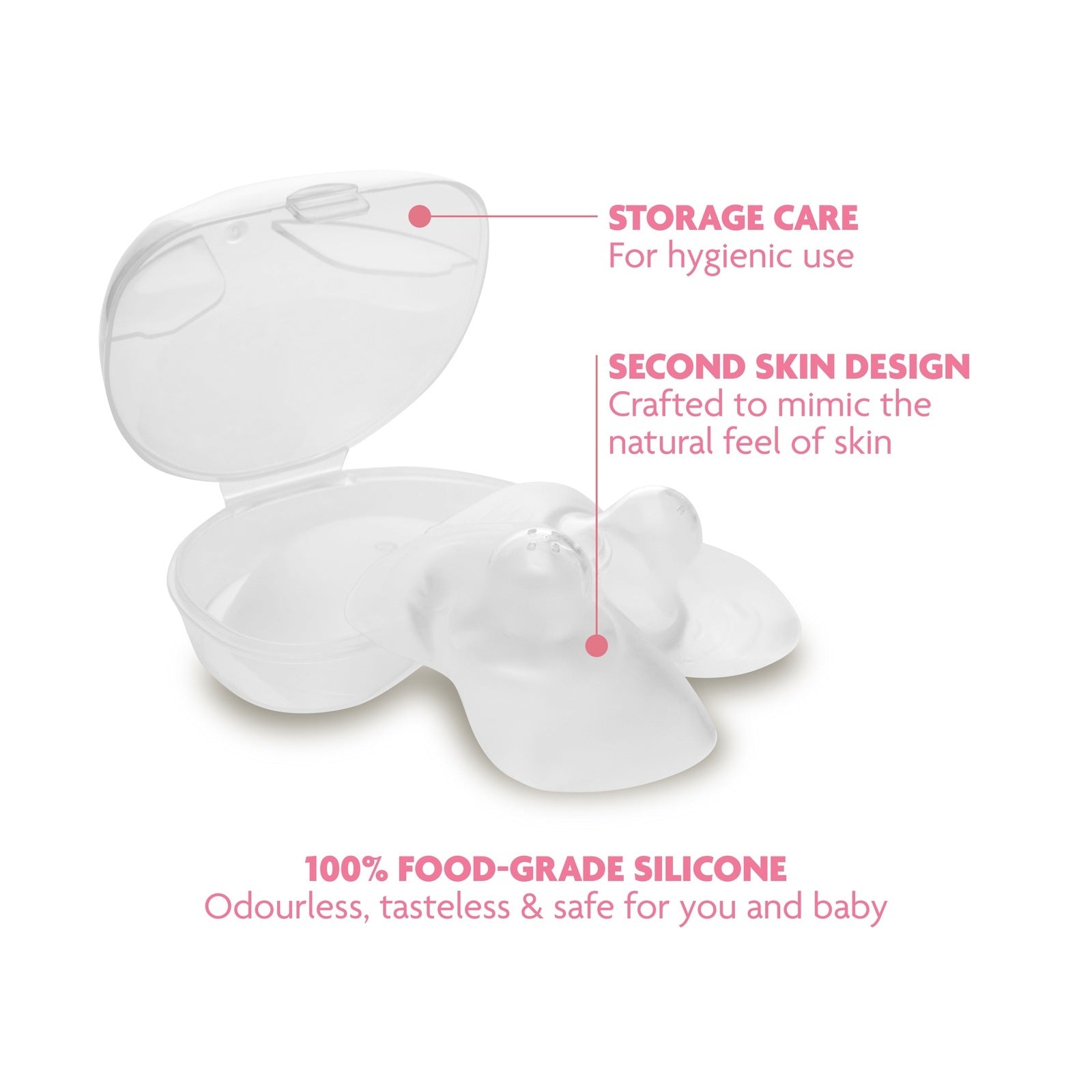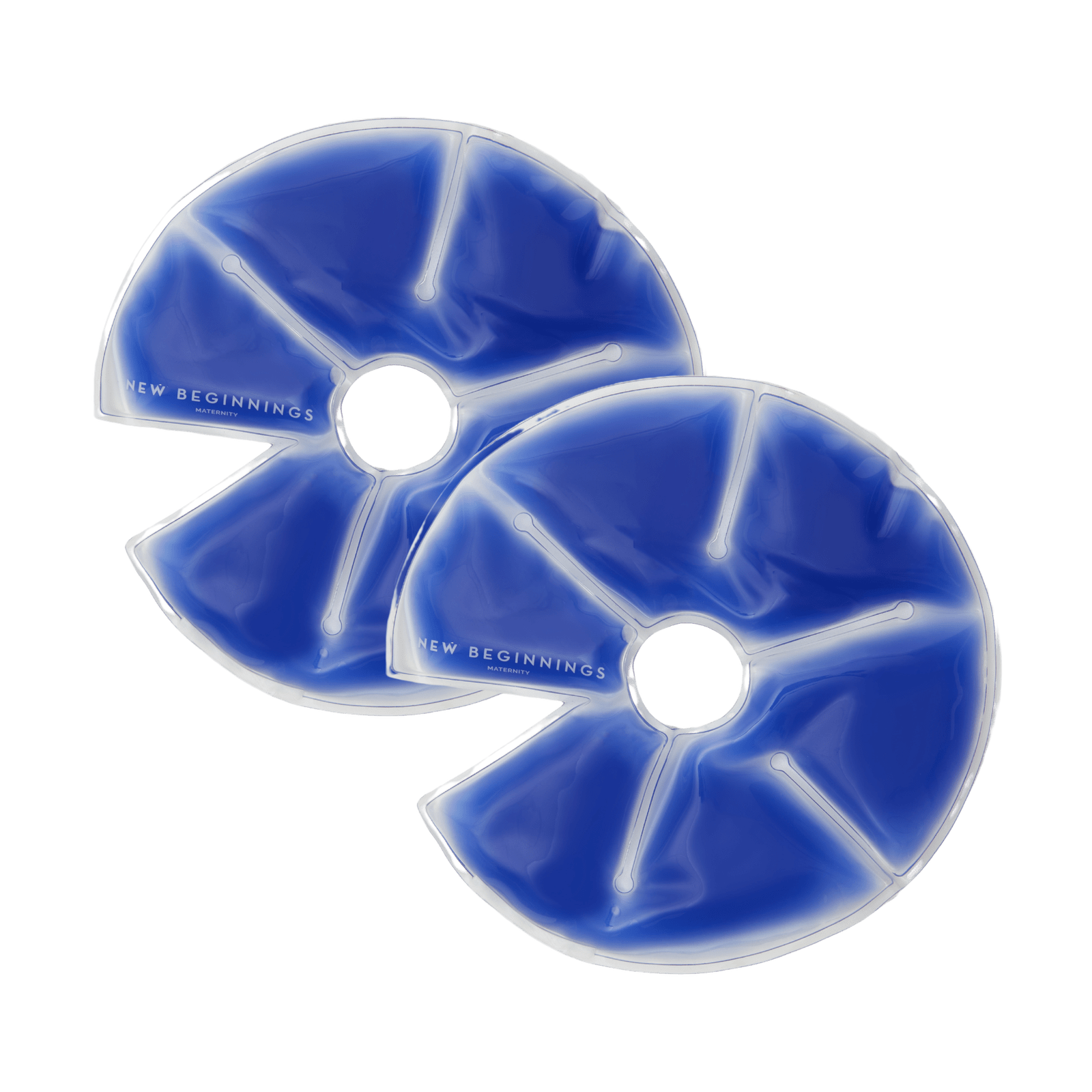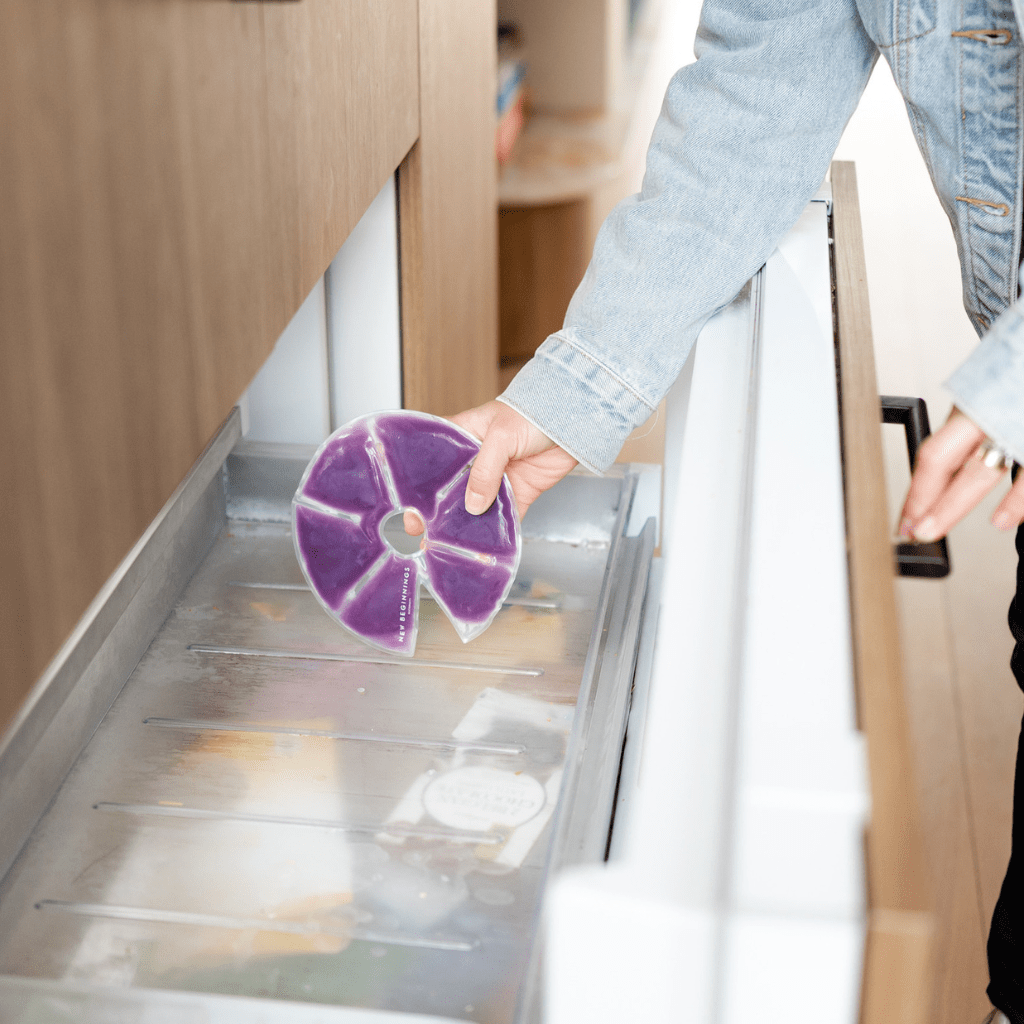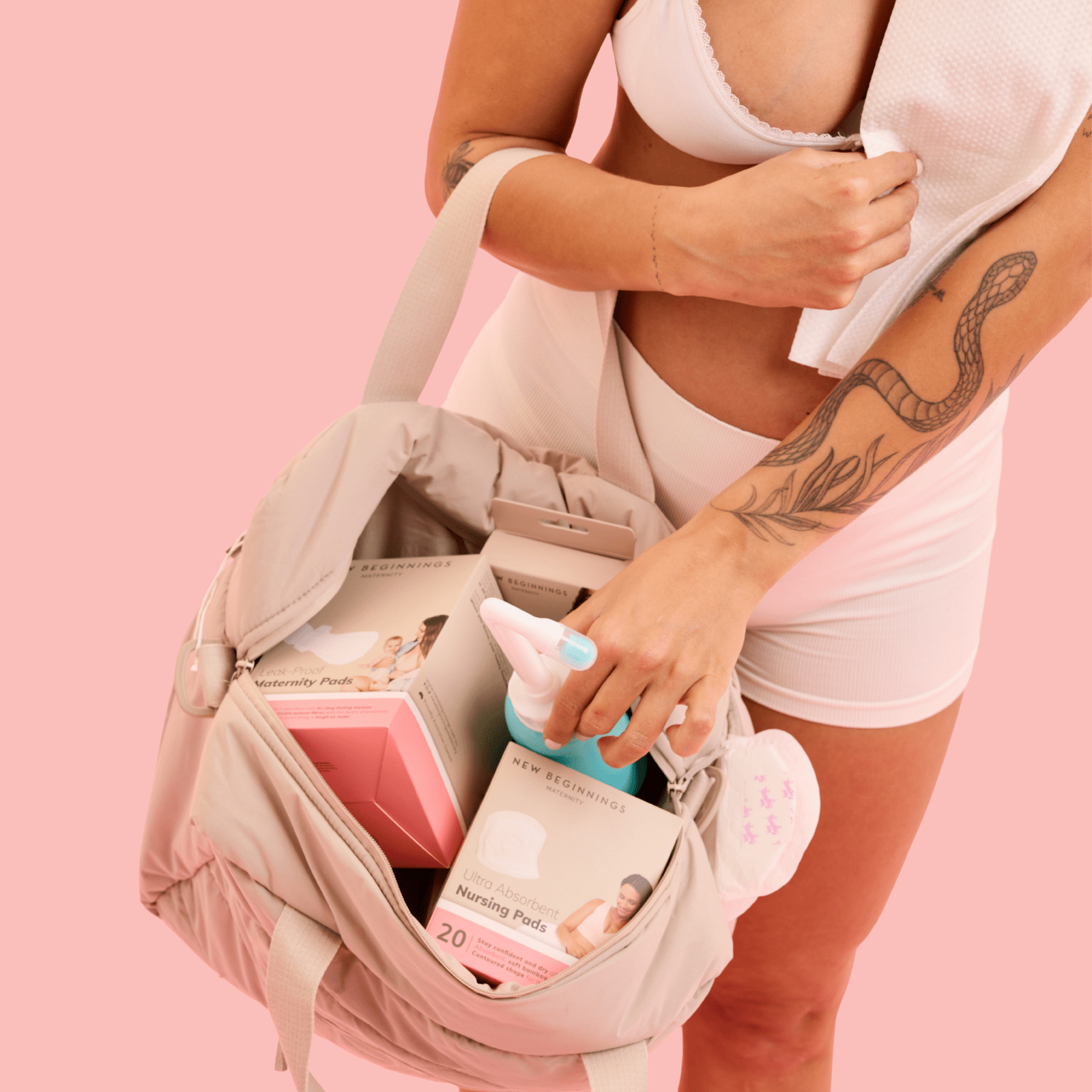My Story: The Day I Realised I Wasn’t Myself Anymore
I remember it so clearly. I was twelve weeks postpartum, running on maybe four hours of broken sleep, and the newborn haze was lifting—but not in the blissful way I imagined. The freezer that was previously full of ready-made meals had run dry. Colds had swept through our house like a tidal wave, hitting me, my partner, and my toddler. That day, after my baby finally fell asleep, I found myself screaming at my toddler for knocking over a cup of water.
That night, I sat in the bathroom staring at my reflection. Who is this person? I’m not this wild, angry woman. The guilt was crushing. I grabbed my phone and started Googling, desperate for answers. That’s when I stumbled across a term I’d never heard before: postpartum rage.
I started researching, reading stories from other mums and expert advice to understand what was happening. In my attempt to help normalise mum rage and share what I’ve learned, I’m writing this article to offer support, validation, and practical tips for other mums walking this same path.

Can you explain what postpartum rage is and why I suddenly feel so angry and irritated after giving birth?
Postpartum rage is an intense, often sudden anger or irritability that some mums experience in the weeks or months after giving birth. It’s not often talked about, but according to PANDA (Perinatal Anxiety & Depression Australia), mood swings and emotional overwhelm are common in the postpartum period—and anger is a valid, though rarely acknowledged, symptom.
It might look like:
- Snapping at your partner or kids over small things.
- Feeling a rush of heat or tightness in your chest.
- Yelling, then feeling instant regret and shame.
For me, my emotions often felt like the surge of fury you get when someone cuts you off in traffic – instant, uncontrollable anger that took over my whole body. Sometimes the feeling passed in a minute; other times it lingered
Beyond Blue describes these feelings as “the fight response of your nervous system being on overdrive.” It’s not because we’re the "bad, crazy, going slightly insane" mums we feel like—it’s our body and mind screaming for rest and support.
What are the main causes of postpartum rage and how do they differ from postpartum depression and anxiety?
Postpartum rage can happen for a mix of reasons, and I remember feeling all of them at once. Some days, it was the bone-deep exhaustion of never getting more than two hours of sleep. Other days, it was the relentless noise and mess, like my brain couldn’t handle one more “Mum!” without snapping. Sometimes it was just this quiet resentment—resentment that my body hurt, that I couldn’t go for a walk alone, that everything felt so heavy.
Here are the key reasons postpartum rage happens:
- Hormonal changes: A dramatic drop in oestrogen and progesterone can impact emotional regulation.
- Sleep deprivation: Your brain in survival mode struggles to process stress.
- Overstimulation and mental load: Too much noise, too many tasks, too little help.
- Unprocessed feelings: Resentment about birth, breastfeeding challenges, or loneliness.
While postpartum rage can occur on its own, it’s sometimes linked with postnatal depression or postnatal anxiety. The difference? Depression often shows up as sadness and hopelessness; anxiety as racing thoughts and fear; rage as explosive irritability. But they can overlap—and that overlap is where I often found myself, wondering why I felt so out of control.

Do other mums experience postpartum rage?
It’s easy to feel like you’re the only one, but you’re not. Hearing from other mums was what helped me feel less alone when I first started learning about this.
Journalist Edwina Bartholomew described her shock at how emotional postpartum life can feel:
“Motherhood brought out a side of me I wasn’t prepared for—joy, yes, but also raw emotions like anger and sadness.” (Source)
Steph Claire Smith has also opened up about mum rage:
“I felt this rage bubbling inside me and I hated myself for it. I want other mums to know they’re not alone in feeling this way.” (Source)
These shared experiences remind us that postpartum rage isn’t rare—and talking about it helps to break the stigma.
What are the most effective ways to manage postpartum anger and find calm during overwhelming moments?
Here are practical steps I found helpful:
1. Name it without shame
Say it: I’m angry, and that’s ok. Naming emotions can lessen their grip.
2. Pause and breathe
Walk away if you can. Take deep belly breaths. Even 30 seconds can help reset your nervous system.
3. Lower stimulation
Noise and clutter can overwhelm. Pop in earplugs, dim the lights, or go outside for fresh air.
4. Get some sleep (even a little)
Ask for help so you can get a solid block of rest. Sleep deprivation fuels anger.
5. Move your body
Gentle stretching, a short walk, or even swaying with your baby can release tension.
6. Reach out for support
Talk to a trusted friend or professional. PANDA’s Helpline (1300 726 306) is a free, confidential service for parents struggling emotionally.

How do I know when it’s time to seek professional help for postpartum rage and where can I find support?
I realised I needed help when I felt scared by my own reactions and couldn’t enjoy moments with my baby. If this sounds familiar, please know you’re not broken. Reaching out doesn’t make you a bad mum—it means you’re strong enough to get the support you deserve.
Here’s what helped me:
- PANDA (Perinatal Anxiety & Depression Australia): https://panda.org.au
- Beyond Blue: https://beyondblue.org.au
- Speaking with my GP and a perinatal psychologist who understood postnatal challenges.
We are not broken. We are not alone. Postpartum rage is real, and talking about it helps us heal. Let’s make space for these conversations so more mums feel supported—not judged.
You are doing better than you think ❤️
